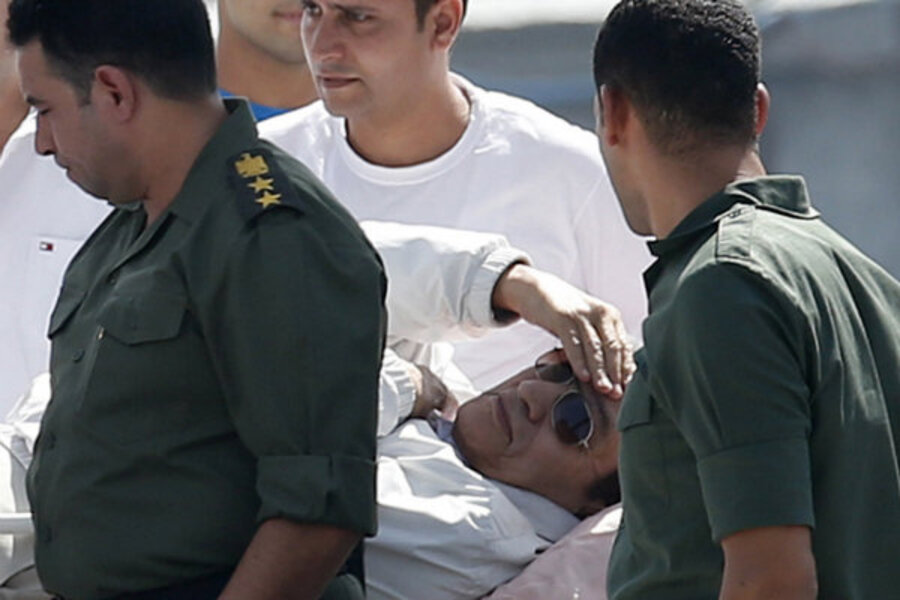The institution of tribalism is not as strong and cohesive as it used to be. Individuals within a tribe or clan have developed other loyalties and can defy traditional forms of authority in ways that were unthinkable a generation ago. The combined factors of urbanization, young demographics, displaced peoples, and emigration will further erode tribal and clan loyalties.

Youssef Boudlal/Reuters
Egypt's former president Hosni Mubarak is transported back to a military hospital after a court hearing in the southern suburb of Maadi, on the outskirts of Cairo, Aug. 25. Mr. Mubarak was released from prison Aug. 22 and an appeals court ordered a retrial for his 2012 sentence of life in prison for complicity in the killing of protesters during the 2011 revolt against him.




